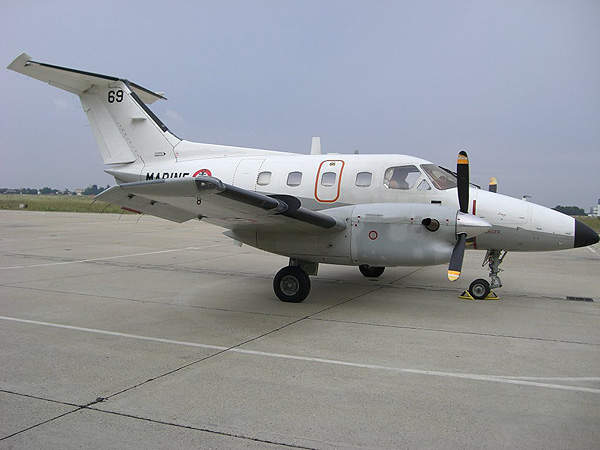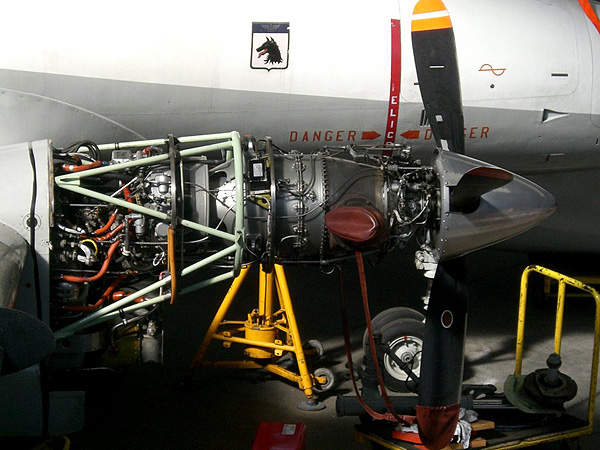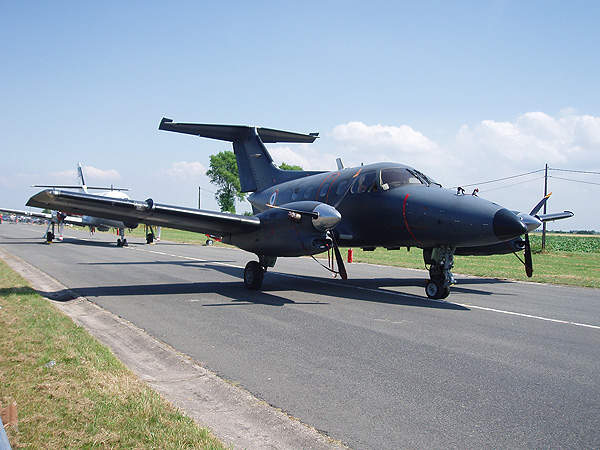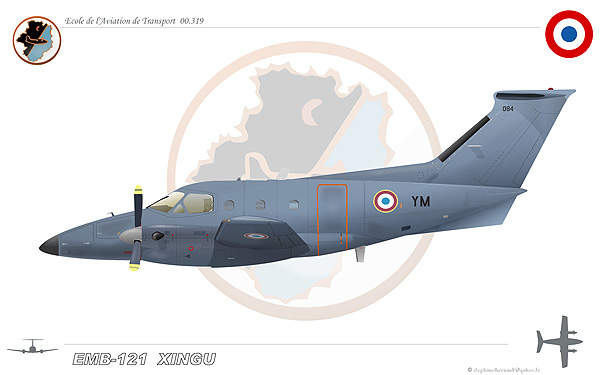EMB-121 Xingu is a twin-engine light utility aircraft designed and developed by Embraer for the French and Brazilian Air Forces. It was derived from the EMB-110 Bandeirante aircraft. Approximately 106 EMB-121s were produced between 1977 and 1987, and 43 are currently in service with the French Air Force.
Embraer terminated the production of EMB-121 in August 1987.
In October 2008, Embraer signed a four-year agreement with France’s Integrated structure of the Support Package of Aeronautical Materials of Defense (SIMMAD) to provide engineering, onsite, technical and logistical support to the fleet of 43 EMB-121 Xingus – 32 in the air force and nine in the navy.
Embraer EMB-121 Xingu variants
The EMB-121 Xingu has five variants, namely EMB-121A Xingu I, EMB-121A1 Xingu II, EMB-121V Xingu III, EMB-123 Tapajos and VU-9.
The EMB-121A Xingu I is the base model powered by two Pratt & Whitney Canada PT6A-28 turboprop engines rated at 507kW of output each.
The EMB-121A1 Xingu II is an improved variant with Pratt & Whitney Canada PT6A-135 turboprop engine rated at 560kW each.
The EMB-121V Xingu III is an extended version with increased fuselage section and meliorated fuel capacities. The variation model was unveiled in September 1981. It is powered by Pratt & Whitney Canada PT6A-42 engine rated at 634kW of output power.
The EMB-123 Tapajos is a projected model, to be powered by a Pratt & Whitney Canada PT6A-45 turboprop engine. The VU-9 is a Brazilian variation on the EMB-121.
Design and development of the EMB-121 light utility aircraft
The EMB-121 was designed by lengthening the fuselage of the EMB-110 Bandeirante aircraft. It was designed to be 25% more fuel efficient than the conventional turboprop airplanes. Designed to be operated on short runways, the EMB-121 executes passenger transport, pilot training and liaison missions.
The development of the EMB-121 began in the early 1970s as Project 12X to meet the requirements of executive transport market.
Development of the first EMB-121 prototype started in 1976. The maiden flight of the prototype without pressurisation system took place in October 1976. The prototype was unveiled to the public during December 1976.
The first EMB-121 integrated with a pressurisation system took off on its maiden flight in May 1977. The first delivery was made to the Brazilian Air Force in 1978. It was formally sanctioned by CTA for civilian use in June 1979. The aircraft has been operated by the French Air Force and Navy since 1982.
Features of Embraer’s EMB-121 Xingu
The EMB-121 features a low wing monoplane design, a retractable tricycle type landing gear, cantilever T-tail, aerodynamic wings and circular fuselage section. Its pressurised cabin accommodates eight or nine passengers. The cockpit has space for a pilot and a co-pilot.
Avionics and performance
EADS Socata carried out an avionics overhaul of the EMB-121 fleet deployed by the French Armed Forces.
Two Sagem Avionics-built ten-inch ICDS-10 primary flight displays and ICDS-10 multifunctional displays were installed on the aircraft.
Garmin GNS 430 navigation system, a Garmin SL30 communication and navigation payload and Garmin GTX 330D Mode S transponder also form part of the avionics system.
The first EMB-121 with modernised avionics completed its maiden flight in May 2008. The upgraded Xingu will be operational until 2025.
The EMB-121 Xingu can climb at a rate of 9.1m/s. The maximum and cruise speeds of the aircraft are 456km/h and 380km/h respectively. The stall speed is 141km/h. The maximum range is 2,342km and the service ceiling is 8,535m.
The Global Military Aircraft Market 2011-2021
This project forms part of our recent analysis and forecasts of the global Military Aircraft market available from our business information platform Strategic Defence Intelligence. For more information click here or contact us: EMEA: +44 20 7936 6783; Americas: +1 415 439 4914; Asia Pacific: +61 2 9947 9709 or via email.








